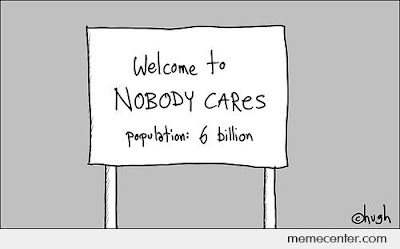So no, it's not really a great play, any more than Fred and Ginger movies are great movies. But just like you watch Top Hat for the dances, you watch Venus in Fur for Nina Arianda. She's the show here, and she's Fred and Ginger both: darting, swerving, dipping, lunging, and turning on a dime between every move she makes. And in that great dancer way, it doesn't look like she's making the moves, it looks like the moves are using her as their embodiment.
It's a tour de force acting performance, and it gives weight and depth to a cleverly-scripted softcore take-down of Leopold von Sader-Masoch’s hardcore 1870 Austrian novella, in which the haughty and distant Vanda von Dunayev matches wits and psychoses with the mink-pelt-loving Severin Kushemski. The premise is that Arianda's modern-day Vanda is an actress auditioning for the play version of the novella, written and directed by Hugh Dancy's Thomas Novachek. Hilarious mind-and-body games ensue, as modern-day Vanda wheedles and seduces her way into reading the script with Novachek--only she already knows the script by heart, knows the novella inside out, and has a stalker's familiarity with Novachek's personal kinks, including an offstage girlfriend. What's really going on? And does it matter when you're just as dazzled by the actress as her onstage foil is?
But it's not all comedy. There's a reversal in the slave-master dynamic in the source story that's criticized by Modern Vanda as she re-enacts it, and there are several echoes of Greek mythology and Greek tragedy--the most pointed being an echo of The Bacchae, when Novachek plays Novella Vanda close to the end.
As for that end, I don't know if I buy it, but there's no denying it's been built into the script from the beginning. Is it a function of the age we live in or the production we're seeing which makes the final moments feel flaccid? (Pun intended.) My own personal opinion is that it lacks the one element that's been in the rest of the play from the very start: Vanda's mutability. Not to spoil it, so let's just say that, instead of portraying an extension of what we've already seen, the end of the play would have worked better for me had it been more of a revelation--a final unmasking by the actress of one more personality, with its own voice and physical attributes--a climactic moment, in other words. Pun intended.
If you've seen the play, you'll know what I'm talking about. If you haven't, you should. Like I say, it's not Euripides, and I can't imagine it being done by anybody else and being this good. But I'm glad I saw it, because Arianda gives one of those performances I would have kicked myself for missing.


















